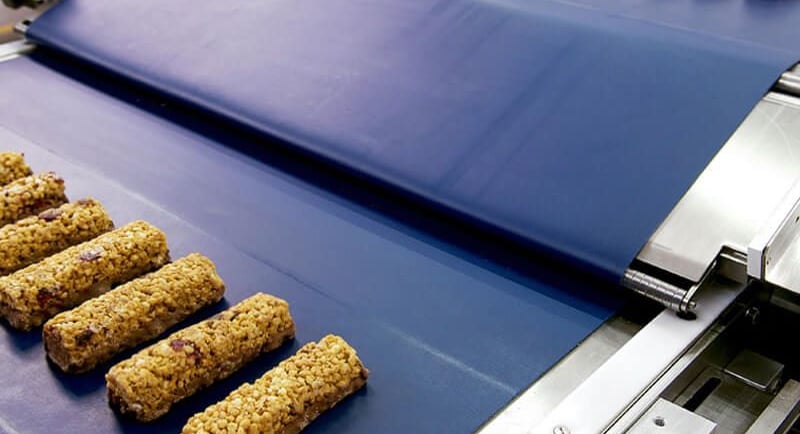CONTRACT MANUFACTURING AND CO-PACKING
WHAT ARE THE BENEFITS?
11/6/20242 min read


Co-packing and contract manufacturing offer significant advantages for businesses looking to optimize their production processes and expand their market reach. By partnering with established co-packers, companies can leverage specialized expertise, advanced technology, and scalable production capabilities without the substantial capital investment required for building and maintaining their own facilities. This collaboration not only accelerates time-to-market for new products but also enhances flexibility in responding to consumer demand fluctuations. Additionally, co-packing allows businesses to focus on core competencies such as marketing and product innovation while ensuring high-quality standards and compliance with food safety regulations. Ultimately, these partnerships can lead to cost efficiencies, improved product quality, and a competitive edge in an increasingly dynamic marketplace.
Co-packing and contract manufacturing provide significant cost advantages for businesses looking to optimize their production processes.
1. Reduction in Capital Expenditure: By outsourcing production, companies can avoid the substantial costs associated with building facilities and purchasing equipment. This allows them to allocate resources more efficiently, focusing on marketing and growth instead of managing production infrastructure[1][4].
2. Labor Cost Savings: Co-packers and contract manufacturers already have trained staff in place, which eliminates the need for businesses to hire, train, and manage their own workforce. This results in lower labor costs related to wages, training, and employee benefits[2][3].
3. Economies of Scale: Co-packers often serve multiple clients, enabling them to source raw materials at lower costs. These savings can be passed on to the businesses they partner with, further reducing overall production expenses[1][6].
4. Flexibility and Scalability: Businesses can easily scale production up or down based on demand fluctuations without incurring additional costs associated with maintaining excess capacity during slower periods. This agility helps minimize waste and optimize inventory management[3][4].
5. Streamlined Operations: Utilizing co-packing services allows companies to benefit from the expertise and established supply chain relationships of co-packers, which can lead to improved quality control and reduced risks of defects or counterfeit materials[1][2].
These advantages collectively enhance profit margins while allowing businesses to focus on their core competencies, ultimately driving growth and competitiveness in the market.
Citations:
[1] https://www.mansfields.com.au/understanding-co-packing-and-co-manufacturing/
[2] https://www.linkedin.com/pulse/what-co-packer-co-manufacturer-co-man-outsourcing-ricardo-cordero
[3] https://bandbfoods.com/what-is-co-packing-advantages-of-partnering-with-co-packers/
[5] https://www.mrpeasy.com/blog/co-packing-contract-packing/
[6] https://goldenwestpackaging.com/wp/contract-manufacturing-vs-co-packing-differences-explained/
[7] https://bpkc.com/blogs/blog/10-reasons-a-co-packer-is-better-than-doing-it-yourself